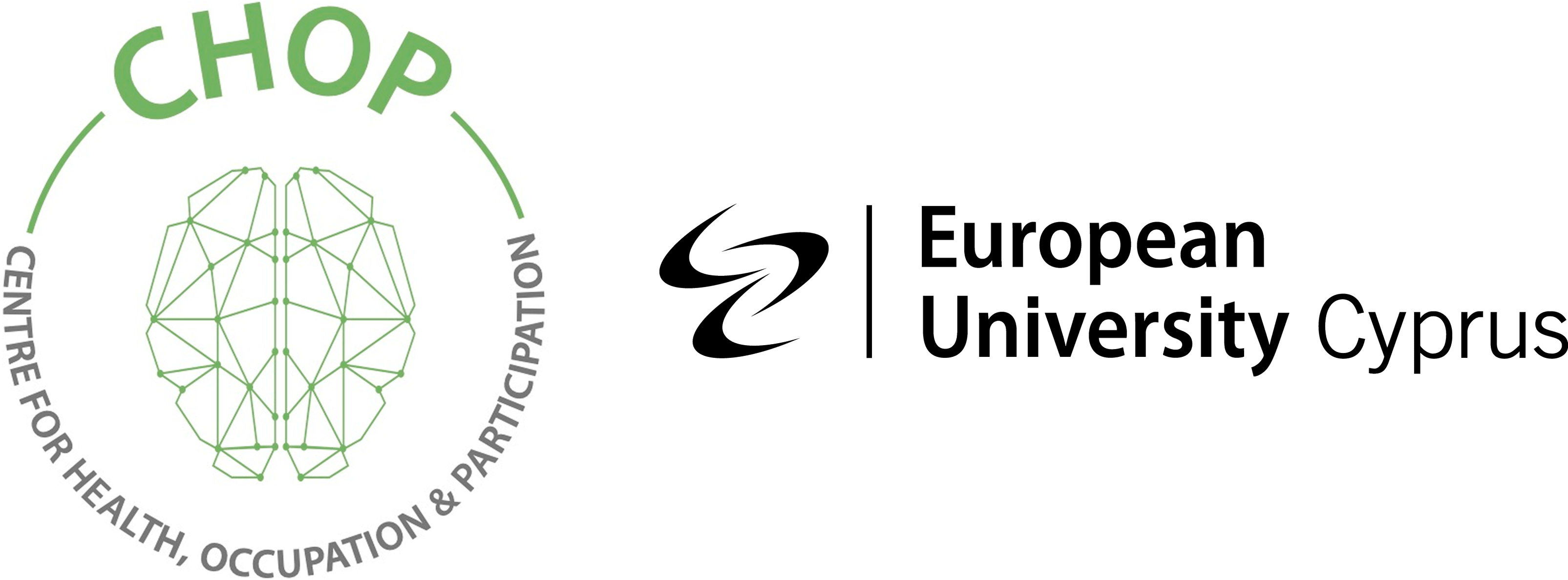
Diagnostic Category: Cerebral Palsy
Caused by brain damage during pregnancy, birth, or early infancy
Leads to muscle weakness, movement difficulties and impaired muscle tone
Can affect all limbs, lower limbs, or one side of the body
Cerebral palsy (CP) is the result of damage to the immature brain, either during pregnancy or childbirth or in the first 2 years of an infant’s life. CP can lead to muscle weakness, lack of coordination of movements and impaired muscle tone. Sometimes movement disorders may be accompanied by sensory, cognitive and psychosocial deficits and/or the presence of seizures. CP may directly affect all four limbs (quadriplegia), only the lower limbs (biplegia) or one side of the body (hemiplegia), while the trunk is always affected to a lesser or greater extent, depending on various factors.
Browse by diagnostic category
Discover the wide range of conditions we work with, from neurological and developmental disorders to physical rehabilitation. Find personalized occupational therapy services designed to meet your unique needs.
Amyotrophic Lateral Sclerosis (ALS)
Brachial Plexus Injury-BPI (Obstetrical Palsy)
Cerebral Palsy (CP)
Cerebrovascular Accident (Stroke)
Multiple Sclerosis (MS)
Spinal Cord Injury (SCI)
Traumatic Brain Injury (TBI)
Autism Spectrum Disorder (ASD)
Attention-Deficit/Hyperactivity Disorder (ADHD)
Developmental Coordination Disorder (DCD)
Learning Difficulties

Working with Cerebral Palsy in the Plasticity Lab
Donec nec justo eget felis facilisis fermentum. Aliquam porttitor mauris sit amet orci. Aenean dignissim pellentesque felis.
